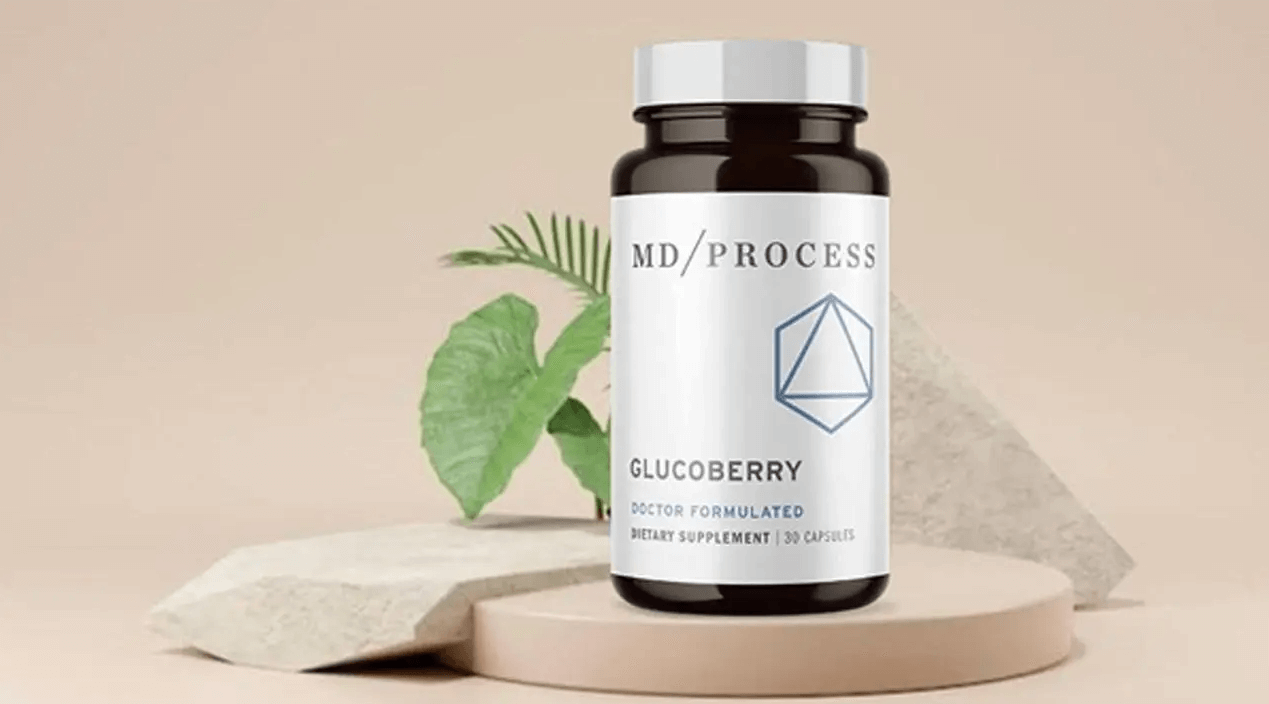2 days ago
There's a 'pretty low bar' to get a nature prescription, according to a doctor in Halton, Ont.
Halton Healthcare and Conservation Halton announced in early December they were partnering with a B.C.-based foundation to offer nature prescriptions to patients for free access to the local conservation areas.
They became the latest addition to the program, which has been available in other parts of Canada since 2020.
But how does it work?
Any licensed health-care professional in Canada can give out nature prescriptions, "from nurses to physicians to physiotherapists," according to the PaRx website.
Dr. Stephen Chin, interim vice president for medical affairs at Halton Healthcare, said health-care providers will need to register with PaRx to give out the prescription.
After registering and getting a code, they will be able to give out the prescription through their clinic and add their provider code, Chin said.
As for patients looking to get a prescription, Chin said there's a "pretty low bar" to be prescribed nature, meaning the prescription will be "freely given" to most.
"I mean, there's almost no reason why someone should not be more physically active," he said.
After a patient gets the prescription, they'll have to go to either the PaRx website or in some cases, their local partner — for instance, the Conservation Halton website — and fill out a form where they'll be asked for some basic information and the provider code.
If the patient is on the Conservation Halton website, they'll be sent an email with a code they can use for 10 free visits to a Conservation Halton park.
If patients fill out the form on the PaRx website, they must also select which park or conservation area they wish to visit.
Some patients could also be prescribed a year's worth of unlimited visits to "over 80 national parks, national historic sites and national marine conservation areas," with the Parks Canada Discovery Pass, which providers can only give out once a month.
Other PaRx program partners include Conservation Toronto, the Toronto Zoo, and the Canadian Museum of Nature.
Disconnecting for a while is 'so important'
Craig Machan, director of parks and operations at Conservation Halton, said the organization is the first outside of national parks to give free day-use access to their parks.
Patients who choose Conservation Halton for their nature prescription can get up to 10 free visits to one of its parks. The region in the Greater Toronto Area includes Burlington, Oakville, Milton and Halton Hills.
"Accessing nature, walking through the fresher air, standing and being able to listen to the birds, … put the phones down or leave [it] in the car and, just be disconnected for even 30 minutes it's so important," said Machan.
He also emphasized the importance of being in nature, even when it's cold out.

"Winter can be a dark time for a lot of people," he said, so being able to spend some time outside and disconnect from the pressures of daily life can make a big difference, he added.
Machan said 75 per cent of nature prescriptions written are for mental health.
Chin said walking outside for 20 minutes "can make a big difference in our health by triggering a drop in our cortisol levels."
He also said spending time in nature can improve mental health, lower blood pressure, and "even [extend] life expectancy."
"Hopefully, it's a trigger toward having a healthier lifestyle altogether for them, and it's a starting point for many," he said.
Program available in every province
The PaRx program was started by the BC Parks Foundation, an independent non-profit organization and charitable foundation.
Jennie McCaffrey, vice president of health and education at the BC Parks Foundation, said the program is now available in every province and any health-care provider can give out the nature prescription.
She said the program was started not just to connect people to nature, but also to advance conservation.
"It's been really proven that when people are connected to nature, they're more likely to engage in pro-environmental behaviours for the long-term," she told CBC Hamilton.
McCaffrey said the foundation is hoping that integrating nature into daily life becomes a "social norm," and the "fourth pillar of health."
"We want people getting their time in nature, the same as they're trying to get eight hours of sleep at night and eat a healthy balanced diet and get the exercise they need," she said.
ABOUT THE AUTHOR
Reporter, CBC Hamilton
Aura Carreño Rosas is a Hamilton-based reporter from Venezuela, with a passion for pop culture and unique people with diverse journeys. You can contact her at aura.carreno.rosas@cbc.ca







